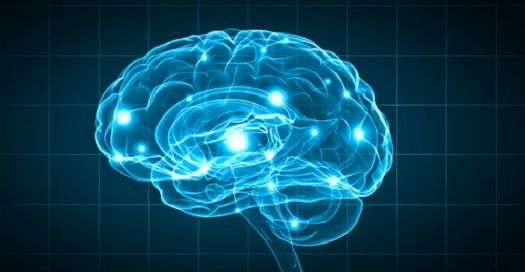Diabetes Decreases Brain Cancer Risk
Glioma is less common among diabetes patients.

Despite evidence showing that diabetes increases the risk of several other types of cancer, a study published in Scientific Reports has shown that diabetic patients are at a decreased risk of glioma, one of the most common types of brain cancers.
“Diabetes and elevated blood sugar increase the risk of cancer at several sites including the colon, breast and bladder,” said Judith Schwartzbaum, PhD, the study’s lead author, associate professor of epidemiology and researcher at The Ohio State Comprehensive Cancer Center. “But in this case, these rare malignant brain tumors are more common among people who have normal levels of blood glucose than those with high blood sugar or diabetes.”
Schwartzbaum and colleagues hypothesized that excess glucose consumption by the preclinical tumor accounted for the inverse association.
To test that hypothesis, researchers combined data from 2 large, long-term studies: the AMORIS study, which included 528,580 Swedish patients, and the Me-Can study, which included 269,365 patients from Austria and Sweden.
Researchers evaluated the data on blood sugar and diabetes, and how they impacted brain cancer development. Patients who had elevated blood sugar levels and diabetes had a lower risk of developing glioma.
“We found inverse associations between pre-diagnostic blood glucose levels and glioma risk in both the AMORIS and Me-Can cohorts, and between diabetes and glioma in the AMORIS cohort,” the study read.
The AMORIS study findings were consistent with the researchers’ initial hypothesis that excess glucose consumption by the preclinical tumor accounts for the inverse association.
Findings “may suggest that the tumor itself affects blood glucose levels or that elevated blood sugar or diabetes may paradoxically be associated with a protective factor that reduces brain tumor risk,” Schwartzbaum noted.
To help explain their observations and findings, researchers cited the Warburg effect — the fact that most cancer cells predominantly produce energy by a high rate of glycolysis, which causes them to consume more glucose than nonproliferating cells.
If this effect was present, the inverse association between the tumor and blood sugar levels would be the strongest near the time of the glioma diagnosis, researchers noted.
The study authors added that although their findings further support the inverse association between blood sugar and glioma, evidence for the presence of the Warburg effect as the cause of this relationship was mixed. Data from the AMORIS study supported this effect, but data from the Me-Can study did not.
Other studies evaluating restrictive diets and their effect on brain cancer development have yielded mixed results. More research is needed to determine whether there is a way to modify the sugar/tumor relationship that will benefit patients with brain cancer and diabetes.